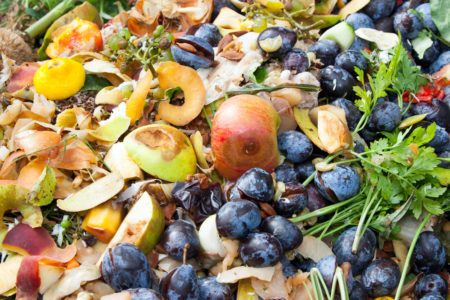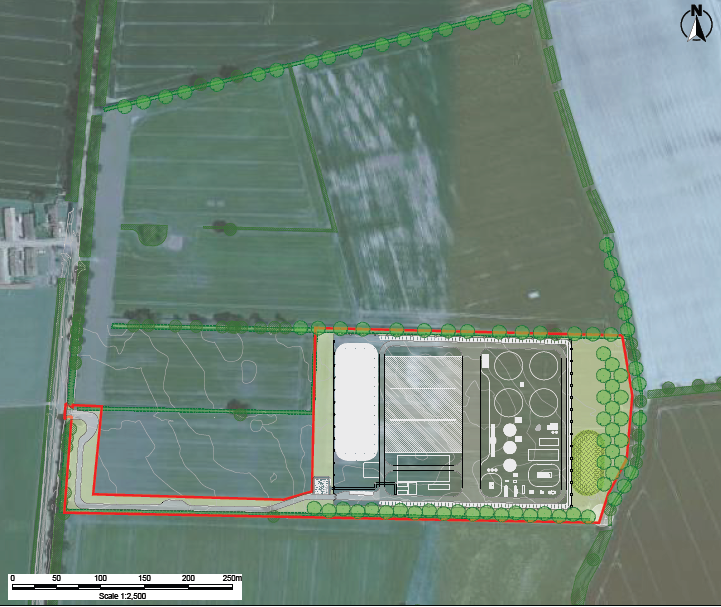The promise follows calls from the Local Government Association (LGA) – the national membership body for local authorities – for greater funding to put the policy into practice.

A Defra spokesperson said: “Nobody wants to see good, nutritious food going to waste and harming our environment, which is why we’ve committed to eliminating food waste from landfill by 2030.
“As part of this we will be working closely with local authorities to end confusion over household recycling and ensure food waste is routinely collected from every household, business and organisation across the country.”
Defra says it will create a framework to help identify where extra support is needed.
Financial penalties
The LGA had said that while it supported the roll-out of food waste collections, there were financial challenges involved.

Councillor David Renard, environment spokesperson for the LGA, said: “We support the ambition to reduce food waste. Councils would need to be fully funded to meet new costs from introducing weekly food waste collections, regardless of whether or not they have been providing a food waste service voluntarily.
“Mandatory weekly food waste collections will impact on waste disposal contracts which could lead to councils incurring financial penalties.
“We are happy to work with government to understand these implications in more detail, alongside the practicalities of providing an extra bin for properties where storage space and accessibility can make food waste collections very challenging.”
And, Councillor Renard emphasised his belief in separate food and garden waste collections.
He said: “Introducing a separate collection of food waste – one that isn’t mixed with garden waste – should be a local decision for councils who know the most cost-effective solution, particularly if they have already invested in composting technology and collection systems.
“Introducing a separate collection of food waste should be a local decision”
“While food waste collection has many benefits, evidence from councils indicates that separate collection does not eliminate food waste from the residual waste stream. It is therefore important that food waste collection is supported by action to reduce food waste in the first place.”
Recycling rates
The commitment to introduce separate food waste collections forms part of the government’s environment bill, which passed its first reading in the House of Commons on 30 January (see letsrecycle.com story).

The bill also commits to eliminating food waste from landfill by 2030.
The LGA’s call echoes its response to the reintroduction of the environment bill on 30 January, when it called for government support as it sought to improve recycling rates.
At the time, Councillor Renard said: “To help councils increase recycling rates, residents need to recycle as much as they can at home, manufacturers need to use packaging that is fully and easily recyclable and government needs to ensure producers pay the full cost of recycling packaging.
“More importantly, manufacturers need to reduce waste at the point of source to stop unnecessary and unrecyclable material becoming an issue in the first place.
“Clearer labelling and increased charges for hard-to-recycle products would help councils, manufacturers and the public be part of the recycling revolution that is urgently needed.”









Subscribe for free